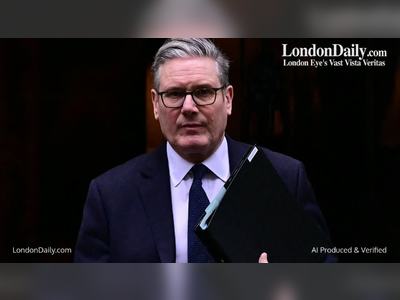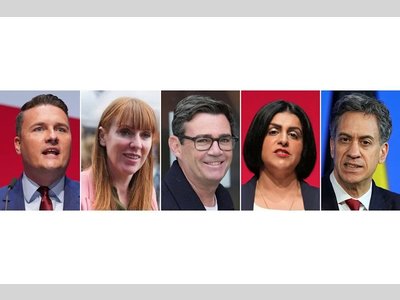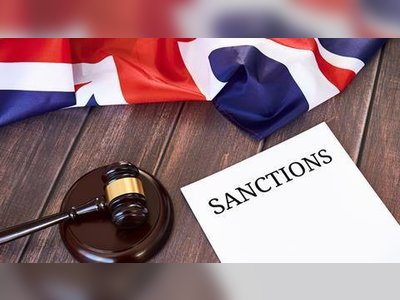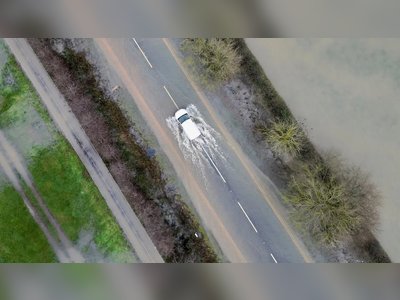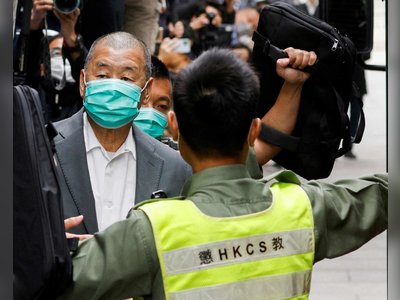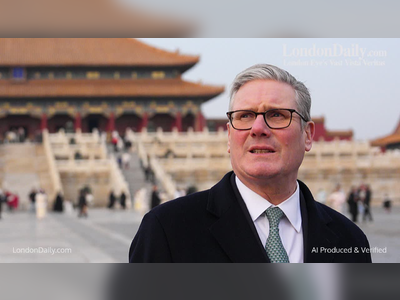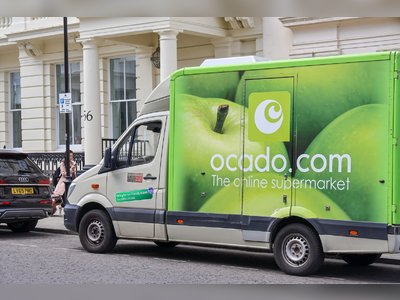UK Police to Gain Access to 50 Million Driving License Photos for Facial Recognition
UK police will soon have the ability to conduct facial recognition searches on a database with images from 50 million driving license holders as part of a proposed amendment to a criminal justice bill. This will allow them to potentially match faces from CCTV or social media with driving license photos for identification purposes.
Privacy advocates are concerned, asserting that this effectively places every driver in the nation in an indefinite police lineup. There are further criticisms that this expansion of surveillance is being introduced without sufficient public discourse or proper oversight.
This new capability is outlined in a barely noticeable section of the legislation, raising alarms about the lack of transparency. Once enacted, the home secretary will set regulations to enable such searches, consulting mainly with police authorities.
Critics argue that facial recognition technology can infringe on individuals' rights to privacy and equality, noting past studies indicating biases in racial and gender identification. Presently, police access to driving license data is strictly regulated, requiring a valid reason related to traffic law enforcement.
The government insists that clause 21 of the bill only clarifies lawful, responsible police use of driving license records, without authorizing unrestrained access for facial recognition. Any future uses would involve further public discussion.
Despite concerns, a Home Office spokesperson states that the bill does not permit automatic facial recognition access to driving license records.
Recent abolishment of independent oversight roles has left these legislative changes without impartial review.
The ongoing police use of facial recognition, even following a 2020 court ruling against South Wales Police for rights breaches, underscores the contentious nature of this technology.
A civil liberties NGO urges MPs to reject the change, warning against turning every licensed driver into a suspect and arguing that more surveillance does not equate to increased safety. Civil rights groups view this as an unchecked leap towards mass state surveillance.
This new capability is outlined in a barely noticeable section of the legislation, raising alarms about the lack of transparency. Once enacted, the home secretary will set regulations to enable such searches, consulting mainly with police authorities.
Critics argue that facial recognition technology can infringe on individuals' rights to privacy and equality, noting past studies indicating biases in racial and gender identification. Presently, police access to driving license data is strictly regulated, requiring a valid reason related to traffic law enforcement.
The government insists that clause 21 of the bill only clarifies lawful, responsible police use of driving license records, without authorizing unrestrained access for facial recognition. Any future uses would involve further public discussion.
Despite concerns, a Home Office spokesperson states that the bill does not permit automatic facial recognition access to driving license records.
Recent abolishment of independent oversight roles has left these legislative changes without impartial review.
The ongoing police use of facial recognition, even following a 2020 court ruling against South Wales Police for rights breaches, underscores the contentious nature of this technology.
A civil liberties NGO urges MPs to reject the change, warning against turning every licensed driver into a suspect and arguing that more surveillance does not equate to increased safety. Civil rights groups view this as an unchecked leap towards mass state surveillance.
